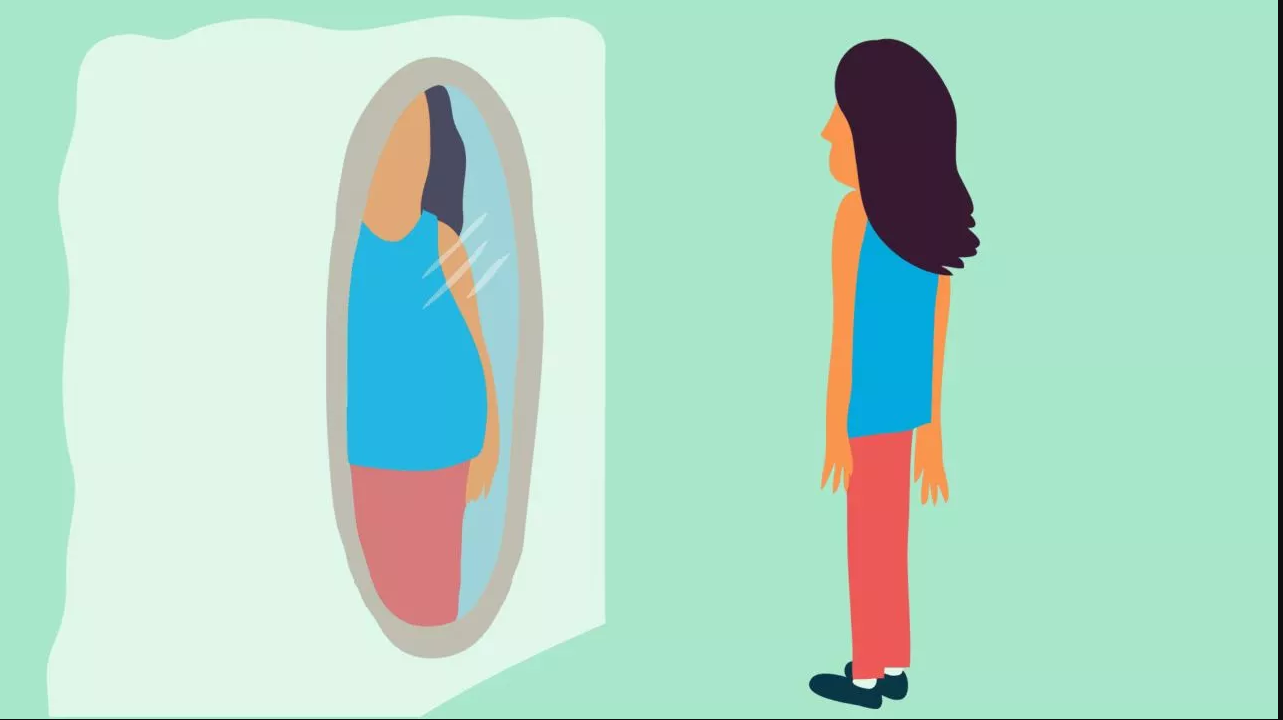Eating disorders are a topic that does not get as much attention these days as other mental health issues. The national spotlight in mainstream media, corporate wellness, and health care, in general, is on major depressive disorders and anxiety disorders. I feel as though we should not overlook the important issue of eating disorders. National Eating Disorders week is February 24th to March 1st, 2020 and I thought TMR would be a great place to discuss this crucial health issue.
It was my last year of college at Rutgers University when I decided to become a Body Image Educator for the Rutgers Student Health department and promote body image awareness and self-acceptance on campus. An event that I attended was a panel of women who were survivors of eating disorders. One of the women was a college soccer player who felt the pressure to be athletic and thin. She had severe anorexia nervosa for years which eventually led her body to stop producing estrogen. She had to go on hormonal therapy in her twenties. That memory of her story still makes me shudder over 20 years after I listened to it.
The current statistics are that over 30 million (20 million women and 10 million men) people of all races and gender suffer from an eating disorder in the US. It has the highest mortality rate of any mental health illness. The number of conditions that fall under the eating disorder designation has expanded in a large way, but the most common ones are anorexia nervosa, bulimia nervosa, and binge eating disorder.
Anorexia nervosa is an eating disorder characterized by weight loss (or lack of appropriate weight gain in growing children); difficulties maintaining an appropriate body weight for height, age, and stature; and, in many individuals, distorted body image. People with anorexia generally restrict the number of calories and the types of food they eat. Some people with the disorder also exercise compulsively, purge via vomiting and laxatives, and/or binge eat.
Bulimia nervosa is a serious, potentially life-threatening eating disorder characterized by a cycle of bingeing and compensatory behaviors such as self-induced vomiting designed to undo or compensate for the effects of binge eating.
Binge eating disorder (BED) is a severe, life-threatening, and treatable eating disorder characterized by recurrent episodes of eating large quantities of food (often very quickly and to the point of discomfort); a feeling of a loss of control during the binge; experiencing shame, distress or guilt afterward; and not regularly using unhealthy compensatory measures (e.g., purging) to counter the binge eating. It is the most common eating disorder in the United States.
Eating disorders do not always occur in isolation and commonly occur with other mental health issues. Anxiety, depression, and obsessive-compulsive disorder (OCD) are just a few additional mental health diagnoses that frequently co-occur with eating disorders. Sometimes, these other disorders may be a result of eating disorder behaviors, as binging, purging, and restricting can all cause psychological distress.
One of the most important ways we can prevent eating disorders is to teach individuals from a young age a healthy and positive body image. Most of us internalize messages from our environment beginning at a young age which can either promote a positive or negative body image. Having a healthy body image is essential to mental wellbeing and eating disorders prevention.
If you or anyone you know has an eating disorder, they need to know they are not alone. There are many resources both at the national and local levels that provide help to individuals suffering from an eating disorder. A good place to start and find referrals and programs is to contact the national advocacy and support groups two of which are the National Eating Disorders Association and the National Association of Anorexia Nervosa and Associated Disorders.
References Used: https://www.nationaleatingdisorders.org/
Author: Laavanya Pasupuleti
Editor: Cole Schenck

Please connect with us if you are seeking support or hoping to learn more about being part of a Supportive, Inclusive, Compassionate, and Kind community:
Join The MindReset!
Check out Events for support groups or live events:
- Follow The MindReset Facebook page
- Follow The MindReset Twitter
- Follow The MindReset Instagram
You are always welcome to connect directly with an individual from TMR at contact@themindreset.com or (802) 377-MIND.


